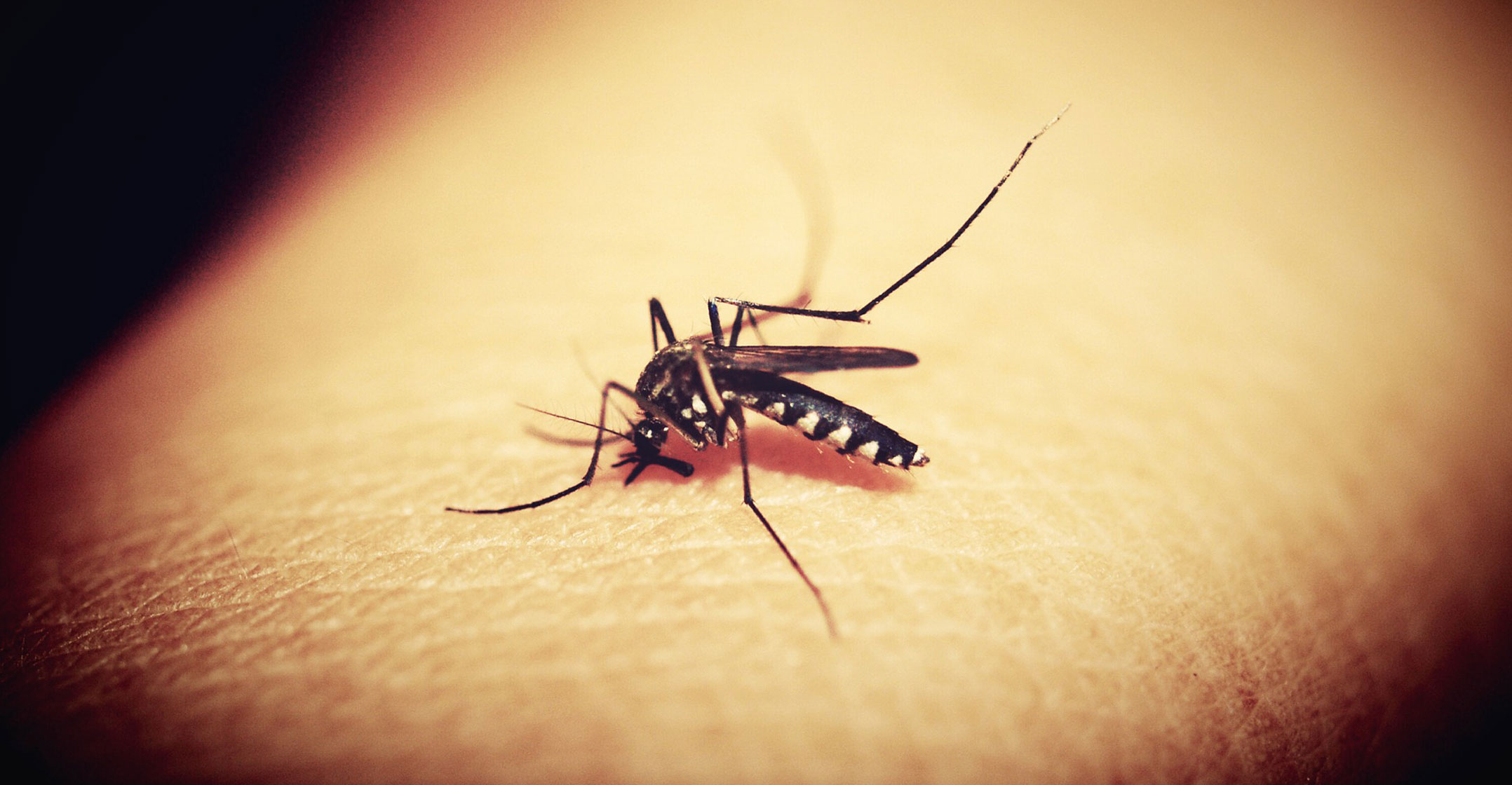 Malaria could be wiped out as early as 2050 with the right tools, enough funding and sufficient political will power, according to scientists.
Malaria could be wiped out as early as 2050 with the right tools, enough funding and sufficient political will power, according to scientists.
One of the world’s oldest diseases, there are over 200 million malaria cases each year and the disease claims almost half a million lives.
Young children are most vulnerable to the disease, with those under the age of five accounting for 61% of the deaths.
Now a new report, Malaria eradication within a generation: Ambitious, achievable, and necessary, says the complete eradication of the disease is within reach.
The Lancet Commission on malaria eradication was set up in 2017 in partnership with the University of California, San Francisco (UCSF) to investigate how to stamp out the disease.
Authored by 41 malariologists, biomedical scientists, economists and health policy experts, it found the global incidence of malaria has dropped by 36% since 2000. It also found fatalities had fallen by 60% in the last three years, but that progress had stalled in the last three years.
Investment by governments and donors to tackle the disease have also plateaued, peaking at US$4.3-billion (R63.5-billion) in 2016.
Rise in Africa
While more than half of the world’s countries are now free from malaria, the study found there has been a rise in malaria cases in 55 countries across Africa, Asia and Latin America.
The research found that the large majority of new cases were recorded in 29, mostly African countries, with Nigeria and the Democratic Republic of Congo accounting for 36% of global cases.
The report’s authors are now calling for a package of tools, policy initiatives and funding to try and stamp out the disease. They propose a three point plan to “bend the curve” in the fight against malaria, including making better use of current malaria control programmes.
Secondly, the scientists want to see the development of new tools, vaccines and drugs to fight the disease, as well as a funding boost of $2-billion to put the plan into action.
 They argue that by wiping out malaria, it would overcome the problem of “relentless evolution” of drug resistance by the disease and insecticide resistance by mosquitoes. The social and economic benefits to countries where malaria is common would greatly exceed the cost, the report said.
They argue that by wiping out malaria, it would overcome the problem of “relentless evolution” of drug resistance by the disease and insecticide resistance by mosquitoes. The social and economic benefits to countries where malaria is common would greatly exceed the cost, the report said.
Richard Feacham, co-chair of The Lancet’s commission on malaria eradication, said: “For too long, malaria eradication has been a distant dream, but now we have evidence that malaria can and should be eradicated by 2050.”
Feacham, who is the director of the Global Health Group at UCSF, added: “To achieve this common vision, we simply cannot continue with a business as usual approach. The world is at a tipping point, and we must instead challenge ourselves with ambitious targets and commit to the bold action needed to meet them.”
Dr Winnie Mpanju-Shumbusho, co-chair of the commission and a board member of the RBM Partnership to End Malaria, said: “Despite unprecedented progress, malaria continues to strip communities around the world of promise and economic potential. This is particularly true in Africa, where just five countries account for nearly half of the global burden. Malaria eradication is a public health and equity imperative of our generation.”

